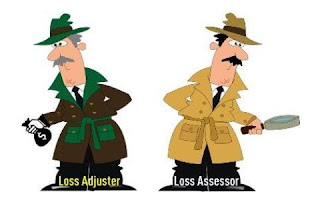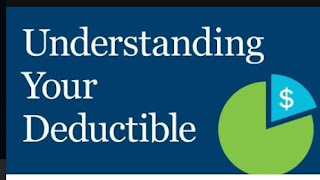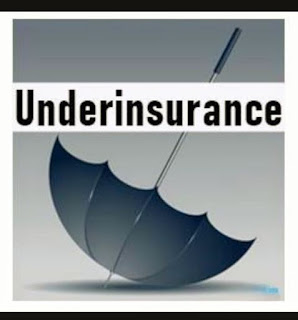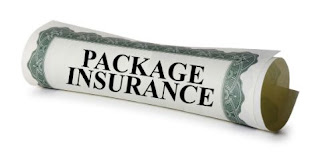Actuary

Actuary A business professional who analyzes probabilities of risk and risk management, calculates premiums, dividends. Actuaries are highly sought-after professionals who develop and communicate solutions for complex financial issues. They analyze the financial costs of risk and uncertainty. They use mathematics, statistics, and financial theory to assess the risk of potential events, and they help businesses and clients develop policies that minimize the cost of that risk. Actuaries' work is essential to the insurance industry. Actuaries use database software to compile information. They use statistical and modeling software to forecast the probability of an event occurring, the potential costs of the event if it does occur, and whether the insurance company has enough money to pay future claims. Most actuaries work for insurance companies, Some actuaries work as consultants, where they help design policies and determine the premiums that should be charged for each policy. Th...
















